The great Russian writer Fyodor Dostoevsky was born 190 years ago today, November 11, 1821.
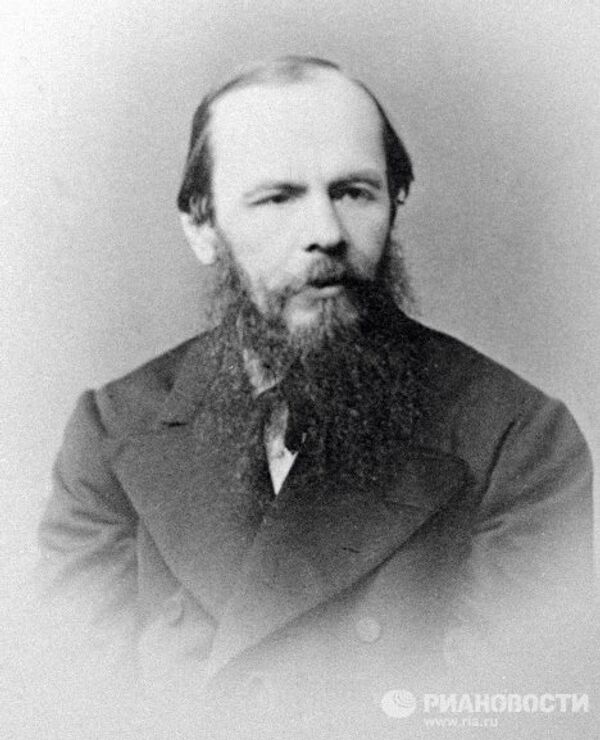
The great Russian writer Fyodor Dostoevsky was born 190 years ago today, November 11, 1821.
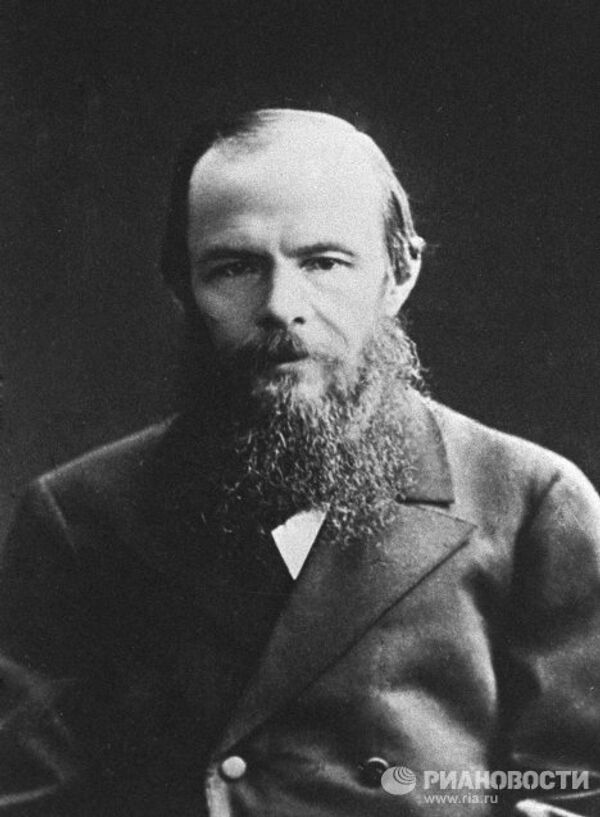
Fyodor Dostoevsky was born in Moscow but moved to St. Petersburg in 1837, where he enrolled in the Main Engineering School. In 1843, Dostoevsky's translation of Honore de Balzac's 1833 novel “Eugenie Grandet” was published. A year later, his first work, “Poor Folk", was published and he soon became famous.
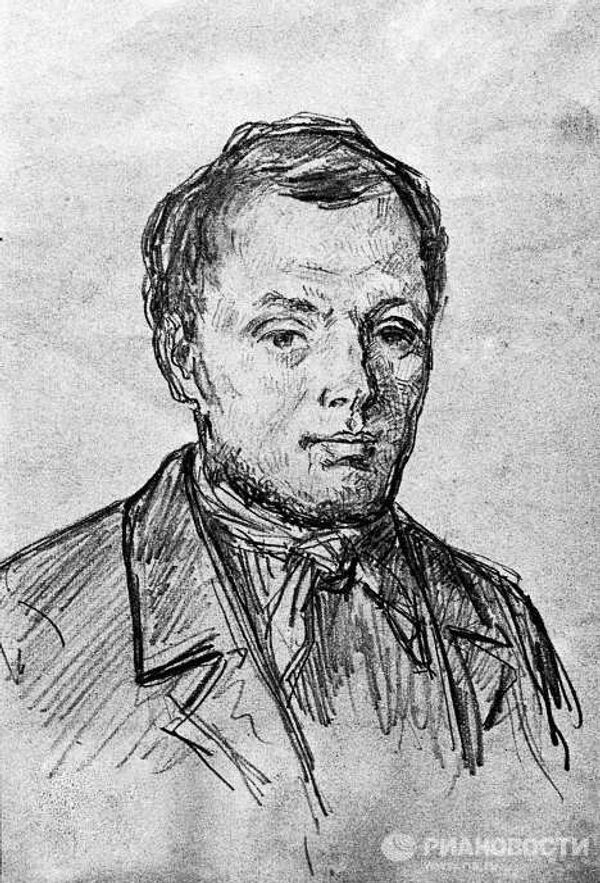
In 1849, Dostoevsky was sentenced to death for his participation in the Petrashevsky Circle. The death sentence was to be carried out on December 22, 1849 on Semyonovsky Square, but there was a last-minute reprieve in which the sentence was commuted to hard labor. Pictured: Fyodor Dostoyevsky, 1847. A drawing by the writer's friend, Konstantin Trutovsky.
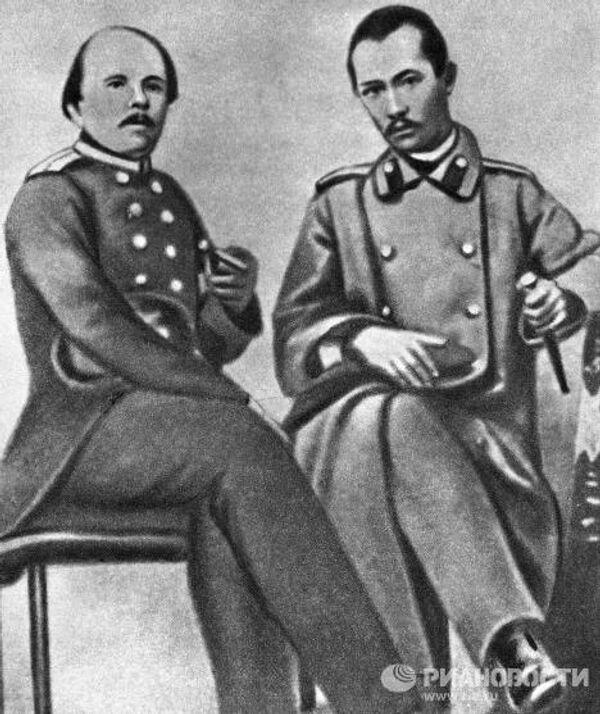
Dostoyevsky spent the next four years in prison in Omsk. In 1854, he was released and conscripted into the army as a private soldier in Semipalatinsk, where he befriended Chokan Valikhanov, right, who would later become a well-known Kazakh explorer and ethnographer.
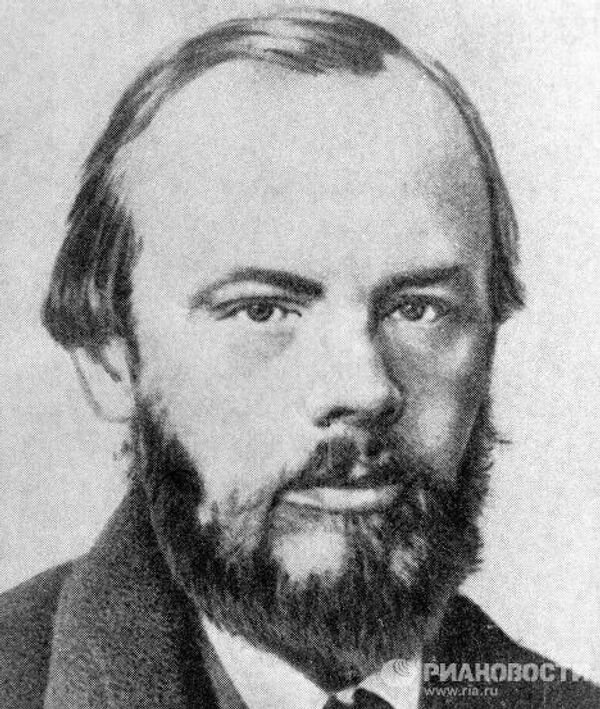
In 1860, Dostoevsky returned to St. Petersburg, where he and his brother started a magazine in which his works were published – “The Humiliated and the Insulted,” “House of the Dead” and “Notes from Underground.”
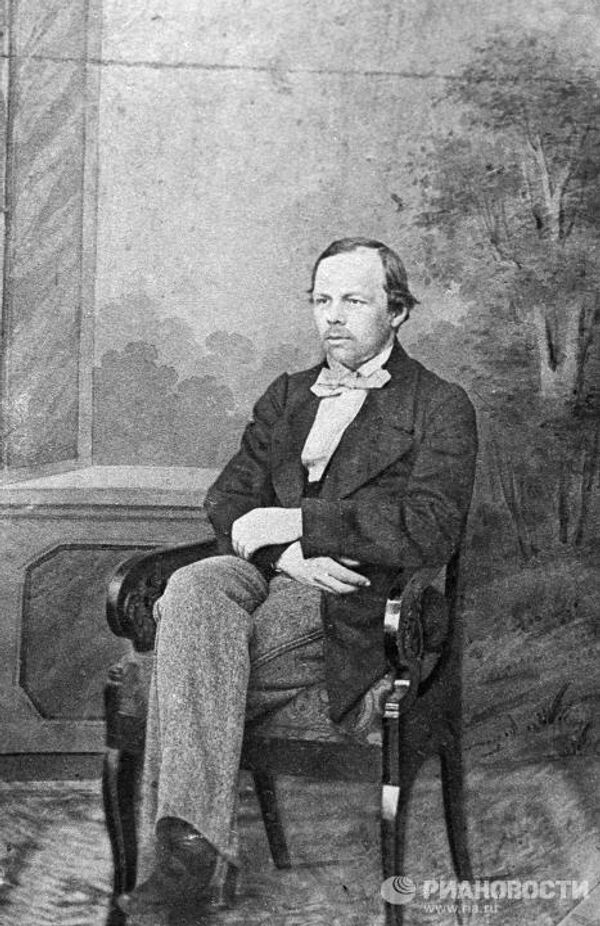
During a trip to Baden-Baden (1864), Dostoevsky became involved in a ruinous game of roulette. Later, he described his experiences in the novel “The Gambler.” Pictured: Dostoevsky in 1863.
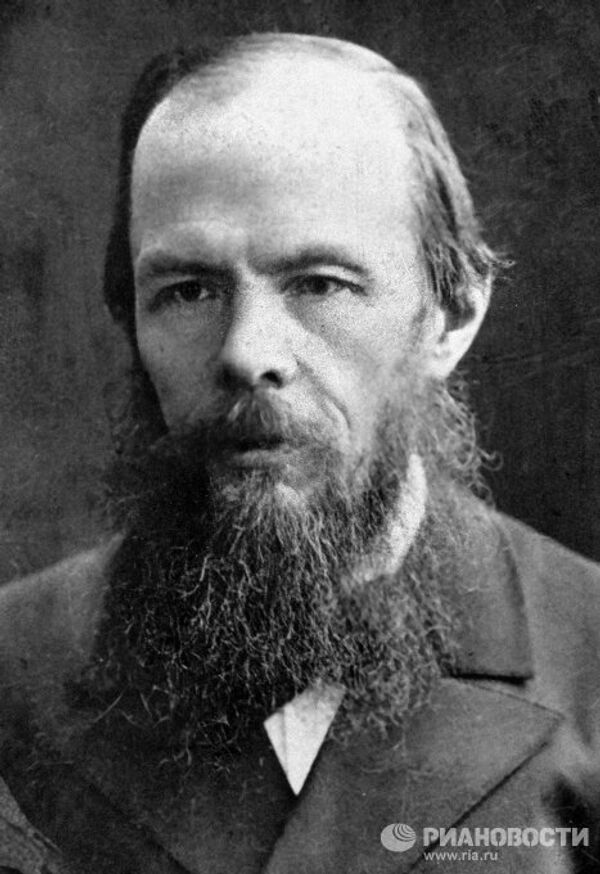
In dire financial straits, Dostoevsky began to write individual chapters of “Crime and Punishment” (1865), sending them to the conservative magazine Russian Herald, where they were published in serial form.
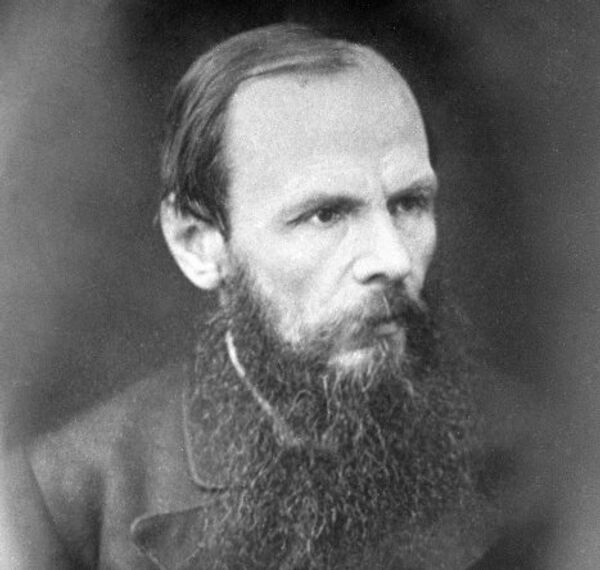
Dostoevsky lived the latter years of his life in the town of Staraya Russa in Novgorod Province. This period proved to be very fruitful for Dostoyevsky – in 1873, he started “Diary of a Writer,” a series of feature articles, essays, polemic writings and passionate editorials on the topics of the era. During this period, he also wrote “Demons” (1872), “The Adolescent” (1875), “The Meek One” (1876) and “The Brothers Karamazov” (1879-1880).
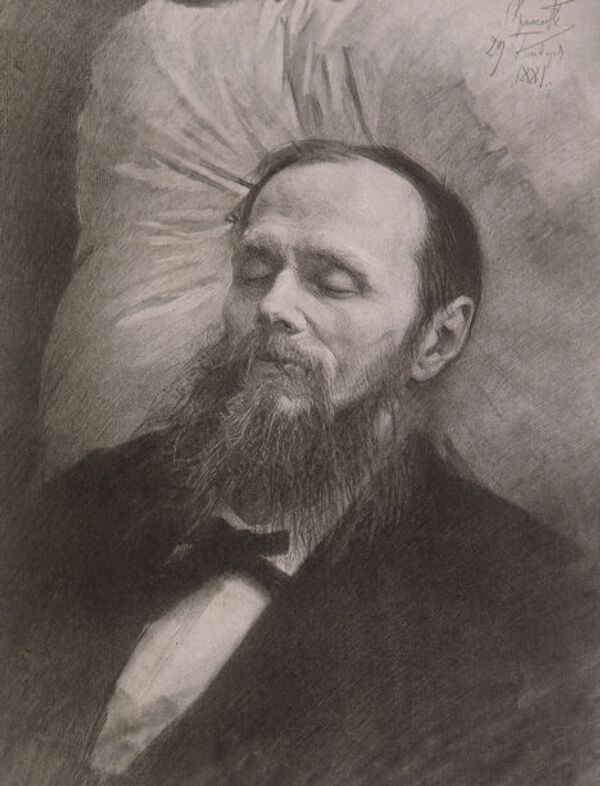
Dostoevsky died on February 9, 1881 and was buried in the Alexander Nevsky Monastery in St. Petersburg. Truly enduring, worldwide fame only came to Dostoevsky after his death. In particular, Nietzsche recognized that Dostoevsky was the only psychologist from whom he could learn something (“Twilight of the Idols”). Pictured: “Dostoevsky on His Deathbed.” Ilya Kramskoy, pencil and watercolor, 1881.

